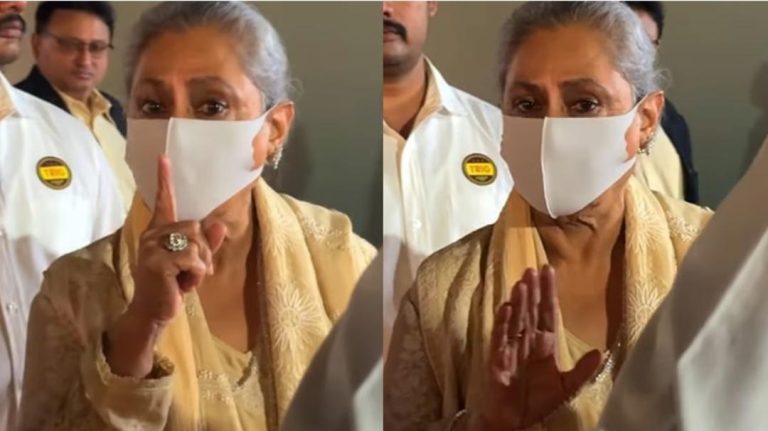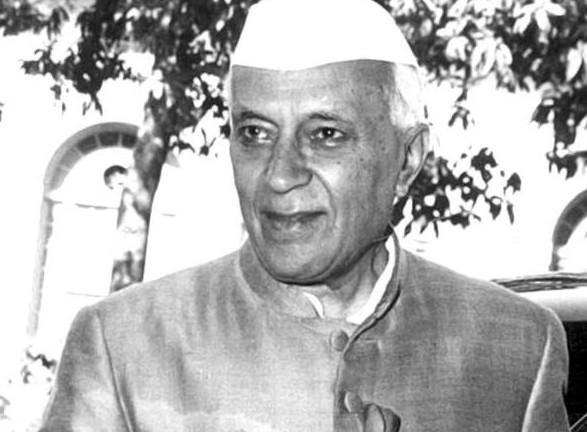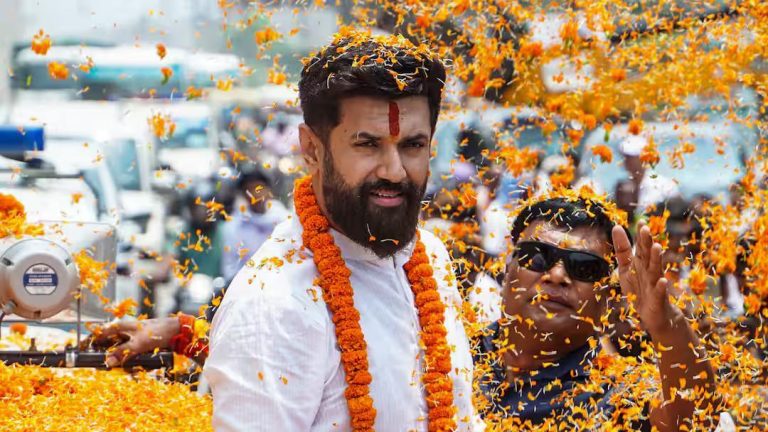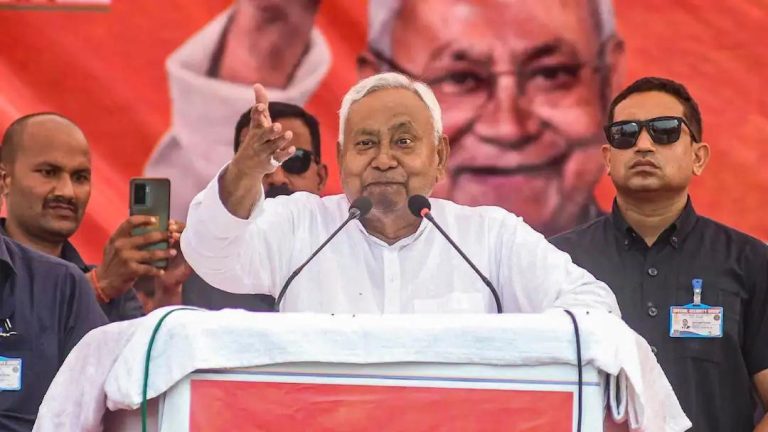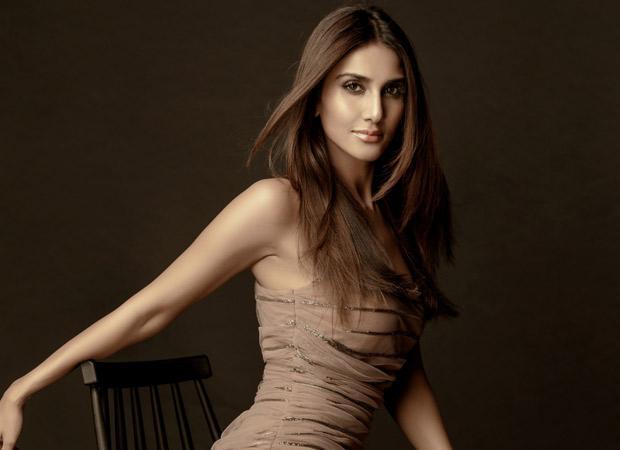
Don’t get volatile behaviour: Vaani on censorship & cancel culture
The world of entertainment is no stranger to controversy, and the latest instance of censorship and cancel culture has sparked a heated debate among artists and fans alike. The recent ban on the release of ‘Abir Gulaal’ in India has brought to the forefront the pressing issue of creative freedom, and actress Vaani Kapoor has weighed in on the matter.
In a recent interview, Vaani Kapoor expressed her concerns about the growing trend of cancel culture, stating, “This cancel culture, say one thing wrong, there are calls for cancel and boycott. I don’t get that volatile behaviour.” Her comments come at a time when the entertainment industry is grappling with the consequences of social media’s powerful reach and the ease with which fans can mobilize against a particular artist or work.
Vaani’s sentiments are echoed by many in the industry who feel that cancel culture is stifling creativity and restricts artists from exploring new ideas. The actress believes that censorship is not the solution to this problem, as it sets boundaries for artists and restricts their ability to push the envelope.
“We are not into censorship, because it’s like putting a restriction on what we can do,” Vaani said. “As artists, we need to be able to experiment and take risks. If we’re not allowed to do that, then we’re going to stagnate and produce the same old stuff over and over again.”
The ‘Abir Gulaal’ controversy is just the latest example of how quickly a piece of content can be deemed offensive or unacceptable, leading to calls for boycotts and cancellations. The film, which was set to release in India, was banned due to alleged “objectionable content” and “inappropriate themes.” However, the decision was met with widespread criticism from fans and industry professionals who felt that the film was being unfairly targeted.
Vaani’s comments on cancel culture are timely, as the entertainment industry is increasingly feeling the pressure of social media’s unpredictable nature. One wrong move, one misstep, or one perceived slight can lead to a tidal wave of outrage and backlash, often with devastating consequences for the artist or work in question.
The actress is not alone in her concerns about the impact of cancel culture on the industry. Many have spoken out about the fear of being “canceled” and the pressure to conform to societal norms and expectations. The consequences of being “canceled” can be severe, ranging from damaged careers to financial losses and personal harm.
The debate around cancel culture is complex and multifaceted, and there are valid arguments on both sides. On one hand, some argue that cancel culture holds individuals and institutions accountable for their actions and words, and can lead to positive change and social progress. On the other hand, others argue that cancel culture is often driven by mob mentality and a lack of nuance, leading to the silencing of marginalized voices and the stifling of creativity.
Vaani’s comments suggest that she believes the latter is true, and that cancel culture is having a negative impact on the entertainment industry. As an artist, she is concerned about the restrictions it places on her ability to create and express herself freely.
“I think we need to have more empathy and understanding towards each other,” Vaani said. “We need to be able to have conversations and debates without resorting to cancel culture. I don’t get this volatile behaviour, where one person says something and then everyone starts attacking them. I think we need to be more open-minded and accepting of each other’s differences.”
The ‘Abir Gulaal’ controversy is a stark reminder of the challenges facing the entertainment industry in the age of social media. As artists, we need to be able to navigate the complexities of cancel culture and censorship, while still being able to create and express ourselves freely.
Vaani’s comments are a timely reminder of the importance of empathy, understanding, and nuance in our interactions with each other. By promoting these values, we can create a more positive and supportive environment for artists and fans alike, where creativity and self-expression are valued and protected.
